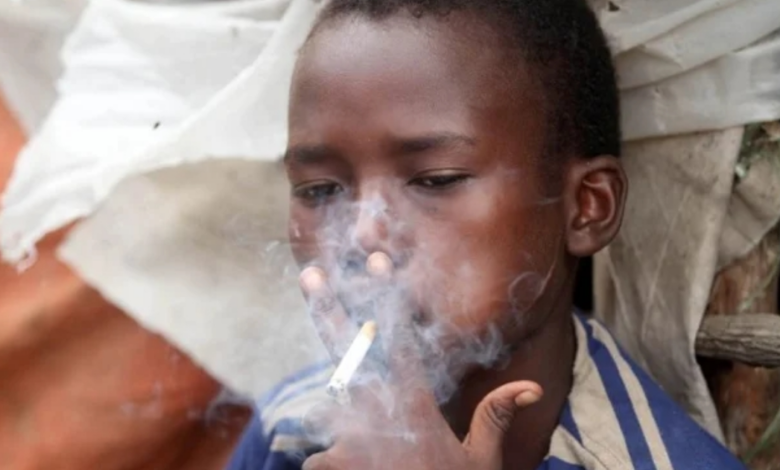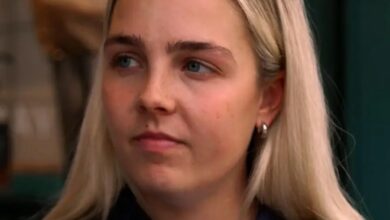Saving School Children From Tobacco, E-Cigarette Vendors

Fifteen years after the National Assembly enacted the National Tobacco Control Act (NTCA) to protect Nigerians from the dangers of tobacco, the problem of the tobacco industry’s unhealthy relations with minors continues to be a talking point.
A case in point is the recent investigation by a tobacco control advocate, GST, which revealed that vendors are having a field day dispensing the tobacco industry’s products of death and diseases to children.
GST’s findings, partly published in a video on its X handle, showed several vendors on the streets of Abuja, freely selling cigarettes, vapes and other kinds of e-cigarettes to school children. Not only is this morally reprehensible, but it has further emphasised the fears of tobacco control advocates that tobacco corporations are – whether by hook or by crook – finding ways to reach their target: the youth.
Ultimately, their goal is to recruit a new generation of young Nigerians addicted to smoking as a replacement for older victims who die from smoking or manage to quit the habit. About 28,876 Nigerians die of smoking-related diseases annually. The tobacco industry increasingly preys on children and adolescents, employing advertising tactics both online and offline to target them directly with a portfolio of products that threaten their health. The industry is rapidly rebranding existing products and launching new articles promoted as sophisticated to young people. It is using every means to expand its market offerings to manoeuvre or beat public health regulations.
Globally, the tobacco industry has been very successful in killing its customers. According to the WHO, there are 1.3 billion tobacco users worldwide. That number would be even larger if tobacco didn’t kill half of its users who don’t quit. Every four seconds, tobacco takes another life. No fewer than eight million persons died from tobacco use last year, including an estimated 1.3 million non-smokers who were exposed to second-hand smoke. Decades of the tobacco industry’s deception and devious tactics have hooked generations of users to nicotine and tobacco, driving a global epidemic.
In the video, GST volunteers, dressed as underaged pupils, went out to buy cigarettes and vapes in Abuja. Incredibly, every vendor agreed to sell to them, blatantly flouting tobacco control laws. Since 2015, the NTCA has banned the sale of tobacco products to persons under 18 years. This includes cigarettes, vapes and all other tobacco products. Any vendor who violates this law is liable to spend one year in prison (or/and) a fine of N200,000.
However, as is common knowledge in Nigeria and globally, laws do not seem to deter the industry. Tobacco corporations, using their substantial financial resources, relentlessly try to circumvent national regulations and laws. Only last November, the Federal Competition and Consumer Protection Commission (FCCPC) fined British American Tobacco Nigeria Limited (BATN) and its affiliates an unprecedented $110 million for violating national tobacco control regulations, among other laws.
The GST’s investigation, supported by video evidence, is another incontrovertible instance of the industry and its affiliates undermining public health policies. To this, the Nigerian state must respond firmly, especially with the lives of young children at stake.
Thankfully, the Federal Capital Territory Administration (FCTA) is taking a tough stance to protect children, starting from the home front. The FCTA has urged the Federal Government to initiate a law that will prosecute parents who send children on errands to buy tobacco-related products. According to Dr. Doris John, FCTA’s Director, Public Health Department, more than 25, 000 children between 10 and 14 years are daily tobacco users in Nigeria, while the age of tobacco use initiation is between 13 and 15 years. John, who was quoted by the Vanguard newspaper on June 11, 2024, added that secondary school and university studies showed ‘shisha’ smoking rates between 3 to 7 per cent.
To save our children, we join the GST in demanding that the government impose proof of age verification as a condition for the sale of tobacco and related products. We also urge the government to enforce the law and punishments on erring vendors and shield children from predatory tobacco marketing tactics.
Egbe and Fatuase work with Corporate Accountability and Public Participation Africa (CAPPA).



